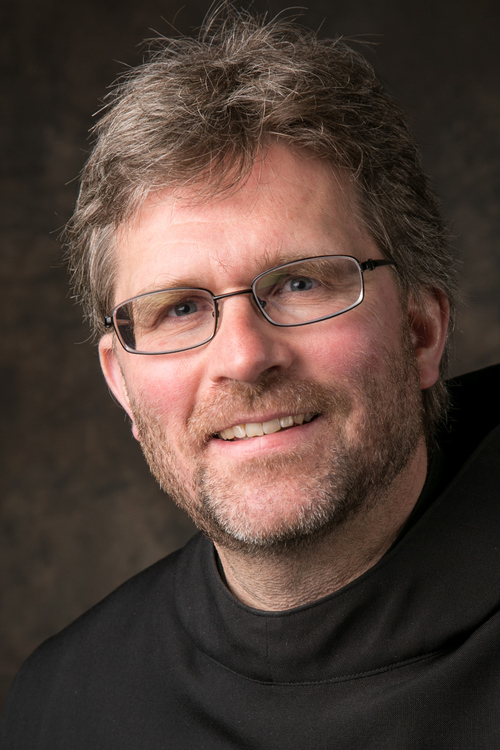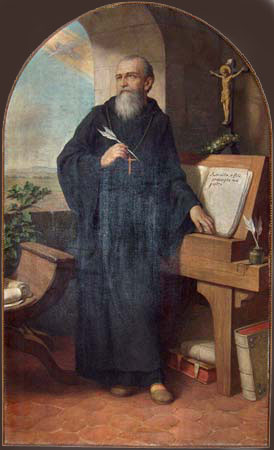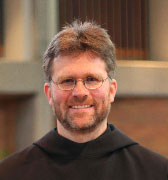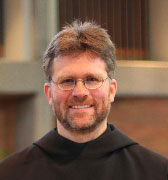Podcast: Play in new window | Download (Duration: 31:50 — 21.9MB) | Embed
Subscribe: Apple Podcasts | Spotify | Amazon Music | Android | Pandora | iHeartRadio | JioSaavn | Podchaser | Gaana | Podcast Index | Email | TuneIn | Deezer | Anghami | RSS | More

From the Holy Rule of St. Benedict:
CHAPTER II
What Kind of Man the Abbot Ought to Be“…..Let him make no distinction of persons in the monastery. Let him not love one more than another, unless it be one whom he findeth more exemplary in good works and obedience. Let not a free-born be preferred to a freedman, unless there be some other reasonable cause. But if from a just reason the Abbot deemeth it proper to make such a distinction, he may do so in regard to the rank of anyone whomsoever; otherwise let everyone keep his own place; for whether bond or free, we are all one in Christ (cf Gal 3:28; Eph 6:8), and we all bear an equal burden of servitude under one Lord, “for there is no respect of persons with God” (Rom 2:11). We are distinguished with Him in this respect alone, if we are found to excel others in good works and in humility. Therefore, let him have equal charity for all, and impose a uniform discipline for all according to merit.”
Father Mauritius Wilde, OSB, Ph.D., did his philosophical, theological and doctoral studies in Europe. He is the author of several books and directs retreats regularly. He serves as Prior at Sant’Anselmo in Rome.


 CHAPTER 8
CHAPTER 8 CHAPTER I
CHAPTER I


